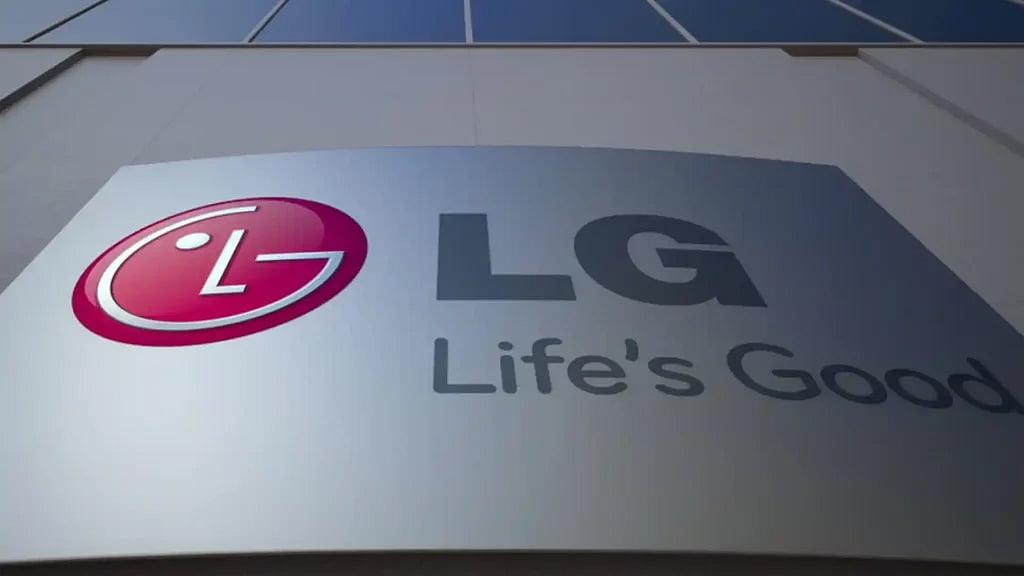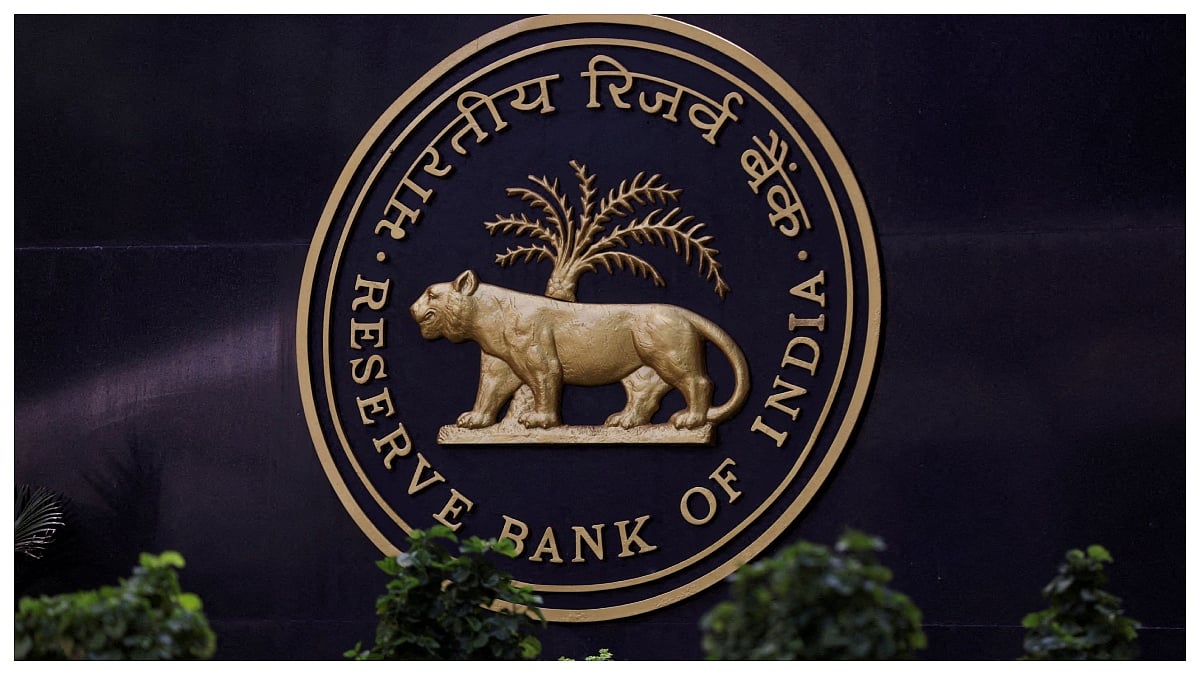Facebook parent company Meta Platforms has built a large language artificial intelligence system called LLaMA 2 that rivals the likes of ChatGPT and Google's Bard but it's taking a different approach: releasing it for free.
Meta CEO Mark Zuckerberg said Tuesday that the company is partnering with Microsoft to introduce the next generation of its AI large language model and making the technology, known as LLaMA 2, free for research and commercial use. Facebook's parent company announced the move as part of Microsoft's Inspire event indicating a growing partnership between the two companies.
Microsoft and Meta
While Microsoft is described by Meta as a "preferred" partner, Meta said the models will also be available through Amazon Web Services, which is Microsoft's main cloud rival, as well as AI startup Hugging Face and others.
Microsoft is also a major funder and partner of OpenAI, the maker of ChatGPT. Neither ChatGPT nor similar offerings from Microsoft or Google are open source.
Qualcomm working with Meta
Additionally, Qualcomm has also announced that it is working with Meta to bring LLaMa to phones, laptops and headsets from 2024 for AI-powered apps that do not rely on cloud services for its functioning.
Much like tech peers Google and Microsoft, the social media company has long had a big research team of computer scientists devoted to advancing AI technology. But it's been overshadowed as the release of ChatGPT sparked a rush to profit off of "generative AI" tools that can create new prose, images and other media.
Why is Meta focusing on Open Source?
Meta has also tried to distinguish itself by being more open than some of its Big Tech rivals about offering a peek at the data and code it uses to build AI systems. It has argued that such openness makes it easier for outside researchers to help identify and mitigate the bias and toxicity that AI systems pick up by ingesting how real people write and communicate.
"Open source drives innovation because it enables many more developers to build with new technology," Zuckerberg said in a Facebook post Tuesday. "It also improves safety and security because when software is open, more people can scrutinize it to identify and fix potential issues. I believe it would unlock more progress if the ecosystem were more open, which is why we're open sourcing Llama 2." Zuckerberg pointed to Meta's history of open-sourcing its AI work, such as with its development of the widely used machine-learning framework PyTorch.
Zuckerberg said people can download its new AI models directly or through a partnership that makes them available on Microsoft's cloud platform Azure "along with Microsoft's safety and content tools." The financial terms of that partnership were not disclosed.
According to a press release by Meta the decision to keep the AI technology open was to give businesses, researchers and startups a way to access more AI tools and allow the community to experiment.
According to Meta, LLaMa 2 also outperforms other LLMs like Falcon and MPT when it comes to knowledge tests, reasoning, proficiency and coding. The tech giant also said that the latest version was trained on 40 per cent more data than LLaMa 1.
With inputs from Agencies.












